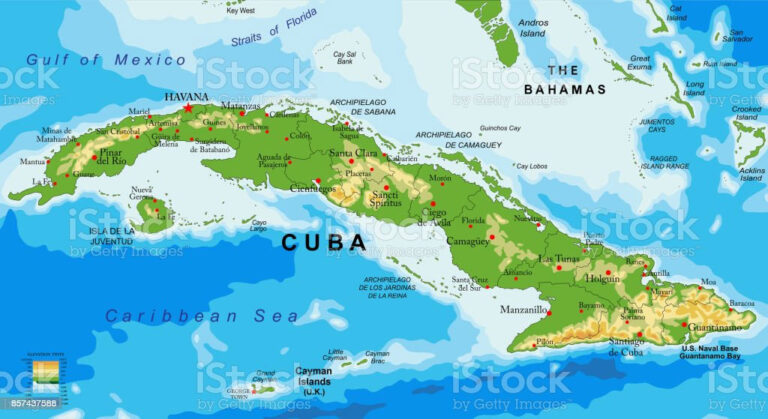A recent mapping conducted by researchers from the Cuban Institute of Anthropology (ICAN) featured new management forms with the purpose of providing municipal, provincial and national actors with this data.
According to the study, this mapping tool will be useful to govern according to territorial potentialities, a kind of way for better productive chains, commercialization of goods and services from each municipality, mainly food.
In short, a way to contribute to the Territorial Development Strategy and to the Cuban communities´ enhanced welfare.
For example, this sector could contribute to increase supply of goods and services to population, particularly food, but it is required a better quality, more stable and timely, and also to achieve real productive linkages and not simple trade relations among actors.
An important conclusion was that only 34% of micro-, small- and medium-sized enterprises (MSMEs) and non-agricultural cooperatives (NACs) are deeply involved in food production or marketing. Only 15% of these produce it.
With existing potentials there are few new economic actors dedicated to food. 11 of these districts do not produce or market food.
As of January 31, 2023, Cuba had 6,704 MSMEs: 6,564 private, 79 state-run, as well as 64 NACs, and 1,80 local development projects (PDL). 3,310 of these are reconverted and 3,332 are new.
In terms of job openings, the new actors generated about 180,000 new jobs, and though it is a relevant issue to generate income for Cuban families, each project´s development will reveal the real amounts that each business needs.
pll/rgh/tdd










